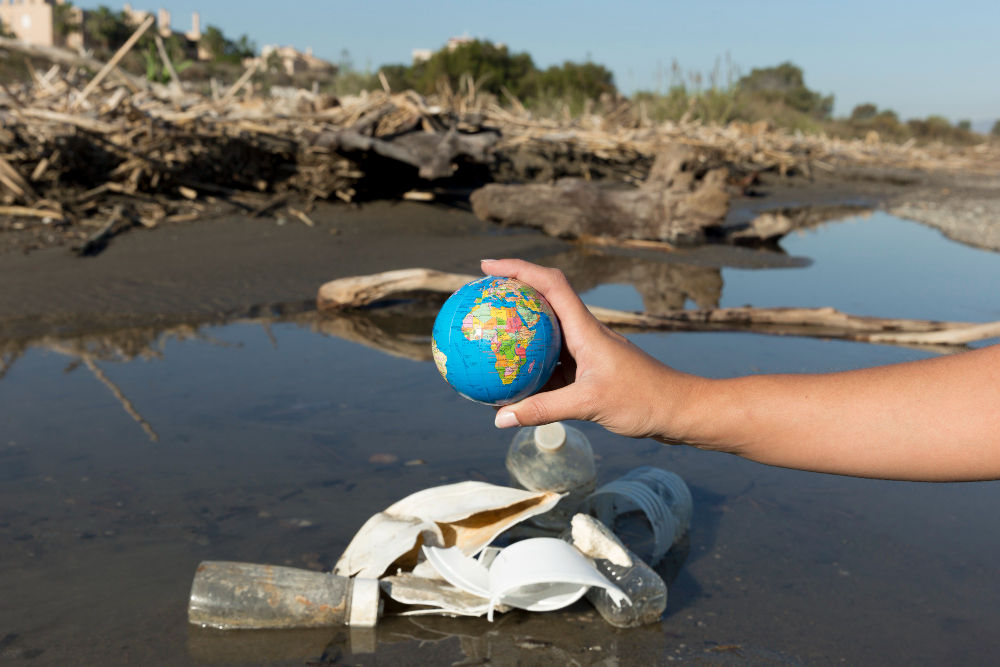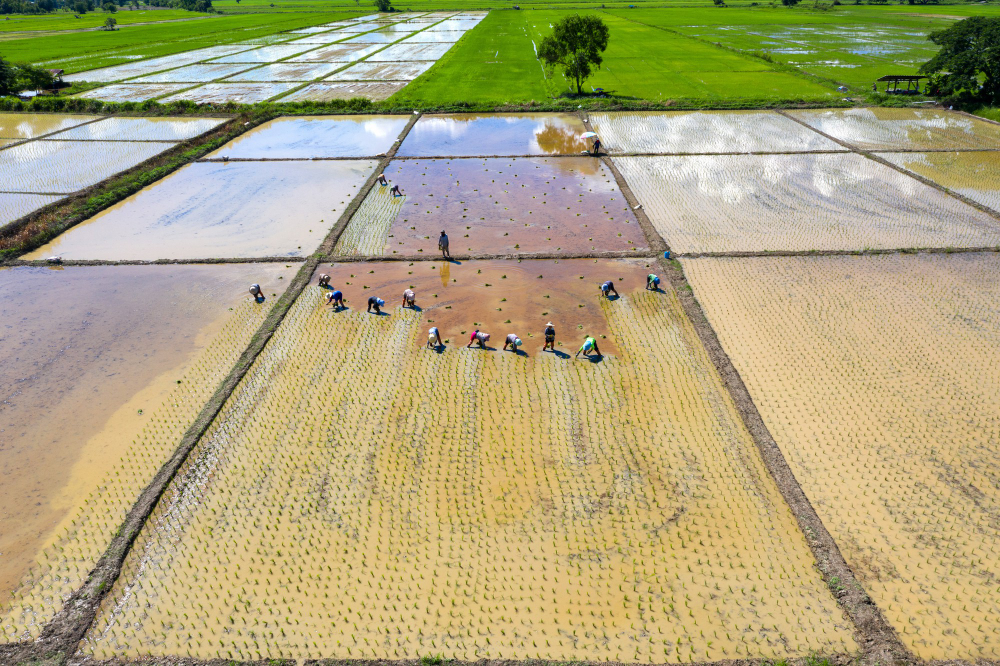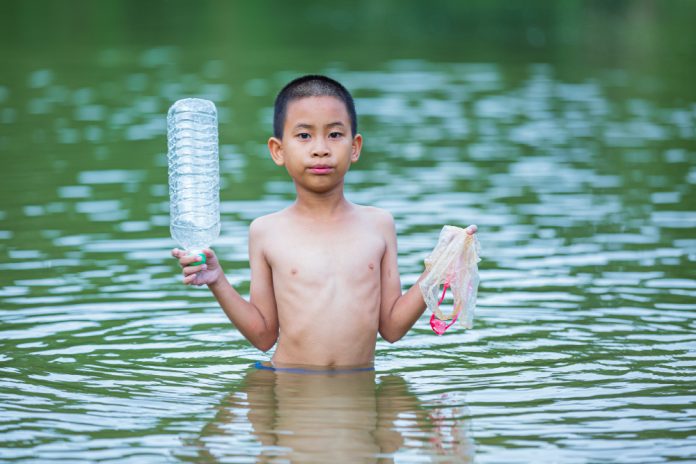- Needless to mention, water is the most precious resource available for humanity that not only sustains lives on this beautiful planet but also ensures nature’s ecosystem continues to remain in a state of balance. Modernity-defined growth, developments, inventions, innovations, and some more earth-shattering alternatives are evolving perpetually. As the revolutionary developments are most welcome, none would dispute the fact that the need to ensure available natural resources are not placed under a strain is also equally crucial. And then there is concern arising out of the environmental impact on mother earth courtesy of burgeoning requirements on the back of unprecedented developments. Yes, the population too heads northwards perpetually.

PC: Freepik
- All of these welcome advancements have placed tremendous stress on food adequacy which again is entirely dependent interalia on water availability. Of course, concerns regarding global warming and its environmental impact genuinely deserve responsible action from all stakeholders. This cycle of interdependency plays out perennially. Two recent reports, one from IPCC and the other by a parliamentary standing committee, flagged India’s freshwater challenge. The IPCC report synthesized the science on climate change. Global warming, a dimension of climate change, has crossed a dangerous mark. IPCC’s synthesis report said that warming is now 1.1 degrees above the pre-industrial level.
- Note that some of the recent research identified 1.5-degree centigrade as a climate tipping point, but even at the current level of warming the incidence of extreme climate events is rising. An important aspect of IPCC’s synthesis report is the impact of climate change on freshwater ecosystems. India, which has swathes subject to severe water stress, needs to pay particular attention. The parliamentary committee report on groundwater tabled in Lok Sabha recently has excellent data. Groundwater meets 67% of irrigation needs and is the source of 80% of drinking water. About 89% of the annual groundwater extraction of 218 billion cubic metres is for irrigation. Thus, irrational use for irrigation must be stopped to conserve groundwater resources.

PC: Freepik
- Water is a state subject. However, its usage for irrigation is influenced by the overlap of GOI’s crop procurement policies and states’ approach to electricity subsidies. As such, the solution needs to be found jointly. Consider the pattern of irrigation. Two crops, paddy and sugarcane, corner more than 60% of the irrigation supply. Among the three states where groundwater is overused are Punjab and Haryana. Both are critical to India’s food security, with Punjab contributing significantly to paddy, a crop it’s not suited for. Agri-policy needs to be calibrated to match crops to an appropriate agro-climatic zone. The need of the hour is to formulate policies that ensure better groundwater usage. Will political compulsions allow it? Unlikely.






